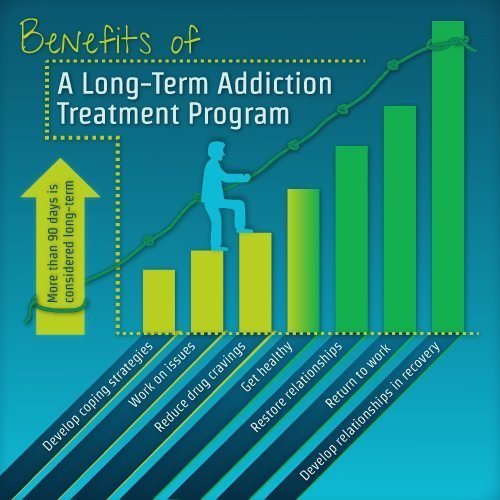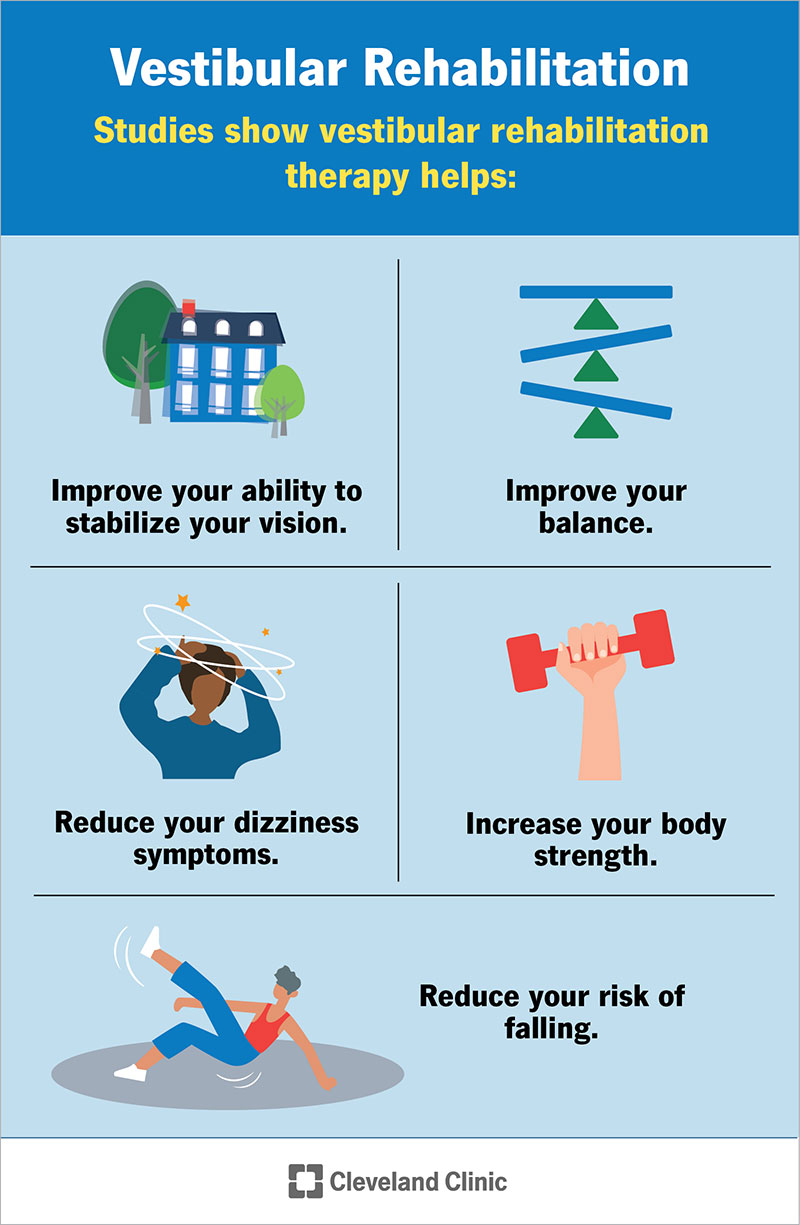Narconon Africa Can Be Fun For Anyone
Narconon Africa Can Be Fun For Anyone
Blog Article
Top Guidelines Of Narconon Africa
Table of ContentsThe Single Strategy To Use For Narconon AfricaSome Ideas on Narconon Africa You Need To KnowGetting The Narconon Africa To WorkNarconon Africa for BeginnersThe Single Strategy To Use For Narconon AfricaThe Main Principles Of Narconon Africa The Of Narconon Africa
In a collection of papers with Manudeep Bhuller and Katrine V. Lken, we conquer these data obstacles and the nonrandomness of jail time, offering brand-new insights right into exactly how incarceration influences relapse, work, kids, and criminal networks - Discreet drug rehabilitation centre. Figure 1 Our job studies the results of imprisonment in Norway, a setting with 2 vital advantagesWe can further link this information to other member of the family, including kids and siblings. We have details on co-offending that permits us to map out criminal networks for observed criminal offenses. Second, we can take advantage of the random project of criminal cases to judges that vary in their propensities to send defendants to jail.
Some judges send offenders to jail at a high rate, while others are much more lenient. We gauge a court's stringency as the ordinary imprisonment rate for all various other instances a judge handles, after regulating for court and year set impacts, which is the level of arbitrary task. This quasi-random project of court stringency can be made use of as an instrument for incarceration, as it strongly anticipates the judge's choice in the present case, yet is uncorrelated with other case features both by style and empirically.
Narconon Africa Things To Know Before You Get This
Characteristics of detainees, including demographics and criminal activity classifications, are generally similar in Norway and other countries, consisting of the USA, with the exceptions that the United States murder rate is much greater, and race plays a bigger role there also. What stands apart as various, especially compared with the United States, is the jail system.
Number 2In Norway, the ordinary time invested in jail is a little over 6 months, which is similar to most other Western European countries. This contrasts with typical United States jail time of almost three years, which is in big part the reason the United States is an outlier in its imprisonment price compared to the remainder of the globe [Number 1]
The 9-Minute Rule for Narconon Africa
This supplies much more splitting up between minor and hardened criminals than exists in the United States. There is no congestion in Norwegian prisons and better individual safety, with each prisoner being designated to their very own cell and a greater inmate-to-staff proportion than in the United States (https://www.openstreetmap.org/user/narcononza12). Jails in Norway additionally provide well-funded education and learning, medicine therapy, mental health and wellness, and task training programs
Our research on the impacts of imprisonment on the transgressor, using the random project of courts as browse this site a tool, returns 3 vital searchings for. Initially, jail time discourages even more criminal habits. We locate that imprisonment decreases the probability that an individual will reoffend within five years by 27 percentage points and decreases the matching number of criminal charges per individual by 10 charges.
The Ultimate Guide To Narconon Africa
We find sizable declines in reoffending likelihoods and cumulative charged crimes also after accuseds are launched from prison. Our second outcome is that bias as a result of choice on unobservable individual features, if disregarded, leads to the wrong conclusion that time invested behind bars is criminogenic. If we merely compare criminal offenders sent to prison versus those not imprisoned, we discover positive associations in between incarceration and succeeding criminal offense.
This stands in comparison to our analysis based upon the arbitrary task of judges, which locates an opposite-signed result. Third, the reduction in criminal activity is driven by individuals that were not working prior to imprisonment. Among these individuals, jail time increases engagement in programs directed at enhancing employability and lowering recidivism, and this eventually raises employment and revenues while dissuading criminal habits.

Jail time causes a 34 portion factor rise in participation in task training programs for the formerly nonemployed, and within 5 years their work rate boosts by 40 portion points. At the exact same time, the possibility of reoffending within 5 years is reduced by 46 percent points, and there is a decline of 22 in the typical variety of criminal costs.
The smart Trick of Narconon Africa That Nobody is Discussing

A possible explanation for the distinction is that Norway's prison system differs markedly, both in regards to prison-term length and jail problems, from the US jail system. While comprehending the effects of imprisonment on the culprit is an important very first step, capturing spillover results is also vital for examining criminal justice policy and making efficient prison systems.
What Does Narconon Africa Do?

Average least squares approximates disclose that children of incarcerated dads are 1 percent factor much more most likely to be billed with a crime, relative to a mean of 13 percent, and show no effect on college qualities. Utilizing our court stringency instrument, we find no statistical proof that a father's incarceration influences a child's own criminal offense or college grades, but we are not able to rule out modest-sized impacts.
Rumored Buzz on Narconon Africa
We define criminal teams based on network links to previous criminal instances. Our analysis yields three major searchings for. When a criminal network member is incarcerated, their peers' chance of being billed with a future criminal offense decreases by 51 percent factors over the following 4 years. Having an older brother incarcerated lowers the likelihood his younger bro will be billed with a criminal offense by 32 percent points over the following four years.
Report this page